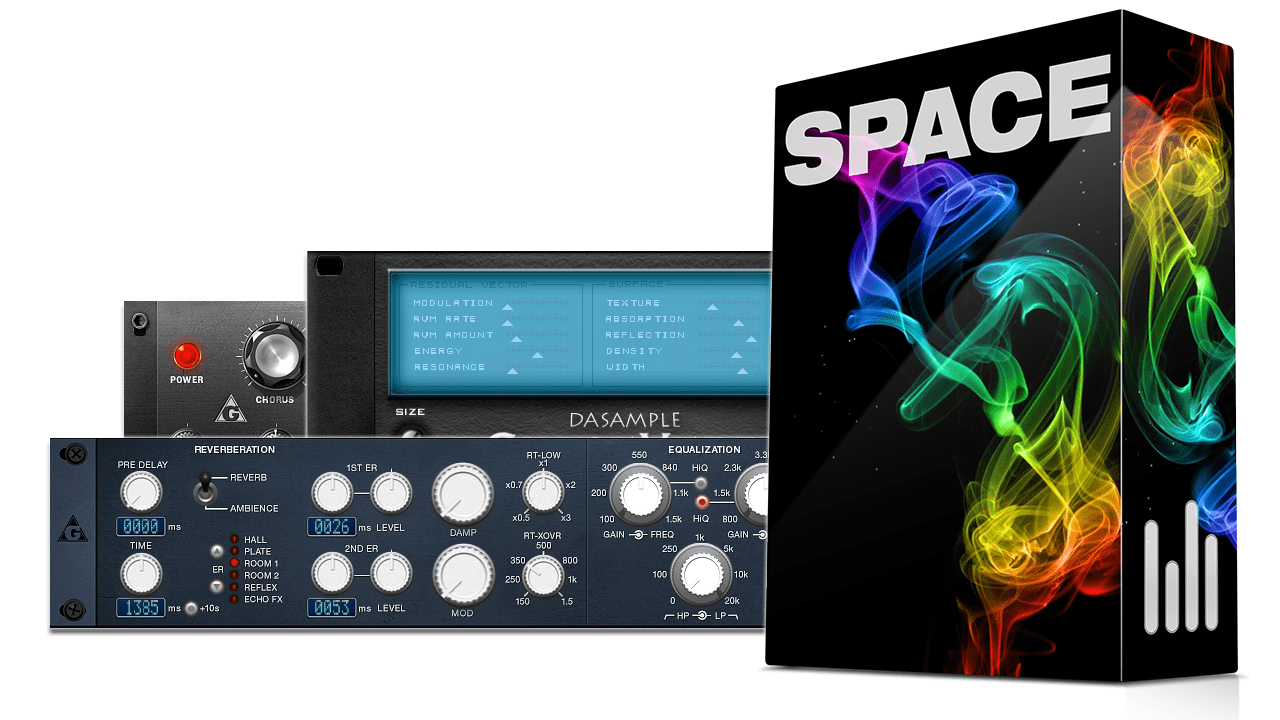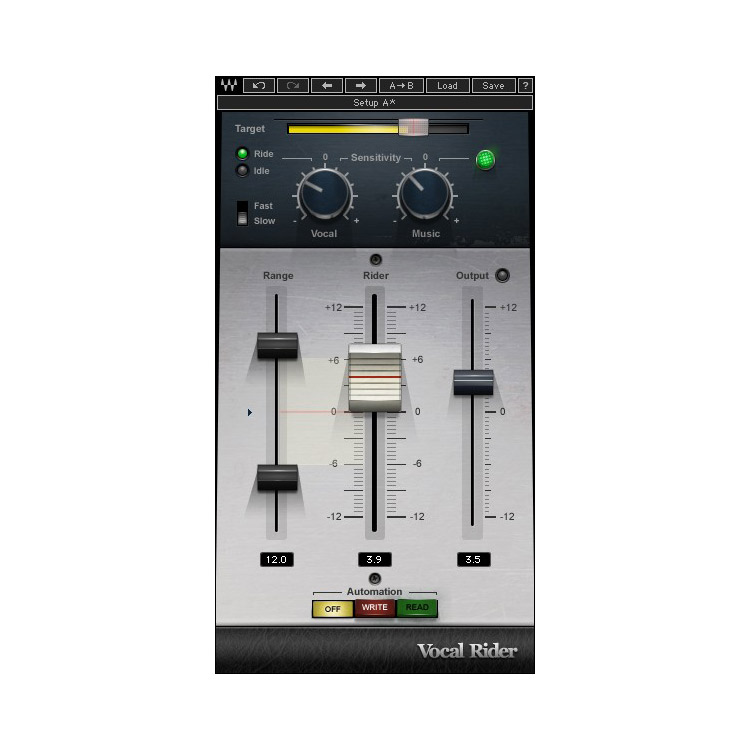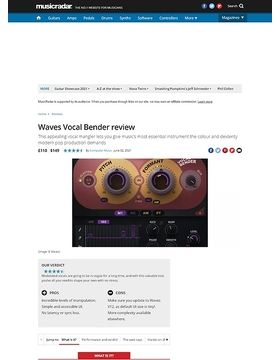

It comes with excellent assortment of plugins ranging from creative devices to mixing tools. If you’re still working with stock audio effects, and want to invest some money into plugins, the Waves Gold bundle is going to be an excellent option for you. The following two bundles from Waves offer the best bang for your buck, hands down. I've scraped through all of their bundles looking for the best in regards to music production, mixing, and mastering. It's pretty obvious what you're getting when you buy one of these bundles, but Waves also has a giant library of other bundles that aren't quite as application specific. Waves has a number of plugin bundles with very specific intended uses such as broadcast and production, 360 surround sound, and live performance. Recently, Waves has started pricing their products so that they’re within reach of bedroom producers, and home recording enthusiasts this is good news for consumers because it means massive plugin bundles for reasonable prices. Compared to its analog counterpart I find it to sound slightly more brittle, but overall I'm a big fan of it.

One of the things I like about this compressor is the fast attack time you can set this makes it an excellent choice for peak compression. I use this on drums, vocals, guitars, and even pianos.

Sure it costs money, but to paraphrase my old employer, that final bit of quality doesn't cost, it pays.This compressor is modeled after two versions of a compressor from the 60s, and it’s one of my favorite tools for applying clean peak compression. Have you thought about sending your mixes out to a mastering engineer after you have everything mixed, including taming the vocal? One less (really important) thing to do. It works great-a lot of times its' instant realization like, "aw shit, she's too loud at the end of the second chorus." How did I miss it? I missed it because of ear fatigue, which will happen after long stretches of doing stuff like automation tweaking. I don't know how you check your mixes, but I'll always listen at night whilst in bed to the the day's mix (es) on an IPod Nano.

A good vocalist who understands how to work the mic will give you less problems obviously. Every vocalist is different, and so every vocal is gonna be differently handled. As you yourself pointed out, you did it and it worked. You have to be careful, but you'll get used to it. It can be tedious, sure, but well worth it. Determine where they are, and use automation. "Manual automation on particularly loud peaks." There you go.


 0 kommentar(er)
0 kommentar(er)
